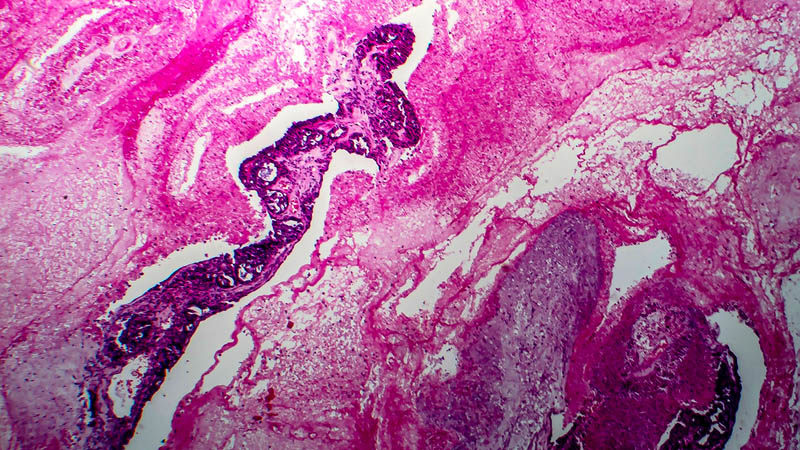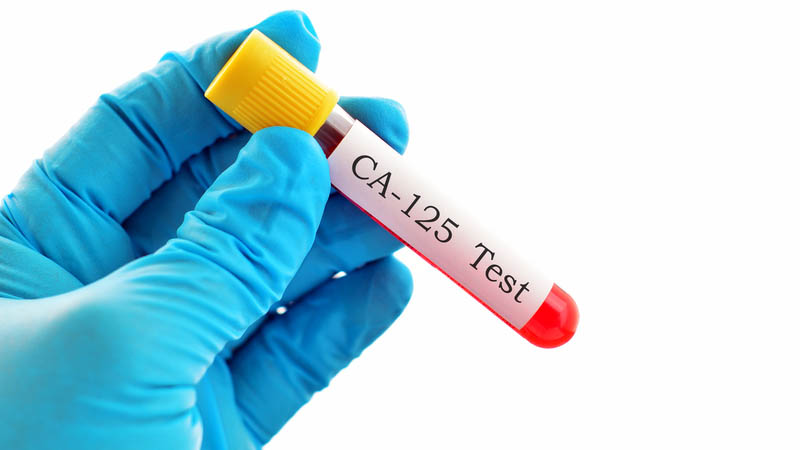Hemorrhagic cystitis
Beata Młot, Krzysztof Gawroński, Sylwia Oborska, Wojciech Pielichowski, Anna Waśko-Grabowska, Piotr Rzepecki
 Affiliacja i adres do korespondencji
Affiliacja i adres do korespondencjiHemorrhagic cystitis (HC) is a common complication in oncologic patients undergoing chemotherapy, radiotherapy or auto- and allotransplantation of hematopoietic stem cells. Cytostatics most prone to cause diffuse inflammation of the urinary bladder with concomitant bleeding include alkylating agents (e.g. cyclophosphamide and ifosfamide). The direct toxic agent are their metabolites, mainly acrolein. Nearly 20% of patients undergoing radiotherapy for pelvic malignancies experience bladder-associated complications, including HC. On the other hand, HC caused by cytostatics administered in the scope of conditioning protocol, affects 1-25% of patients undergoing transplantation. There are two forms of HC – early and delayed. The former is a result of preparatory protocols preceding graft injection or previous therapy and the flatter has usually viral etiology. Traditional means to prevent HC include adequate hydration, implementation of the so-called forced diuresis and administration of mesna, which contributed to a significant reduction of incidence of early HC. Effective treatment of delayed HC appears to rely on timely administration of antiviral drugs. Delayed diagnosis of HC or inadequate treatment may lead to urine retention with subsequent renal failure and even death. This paper presents, based on current literature, guidelines concerning prevention, diagnosis and treatment of HC.









